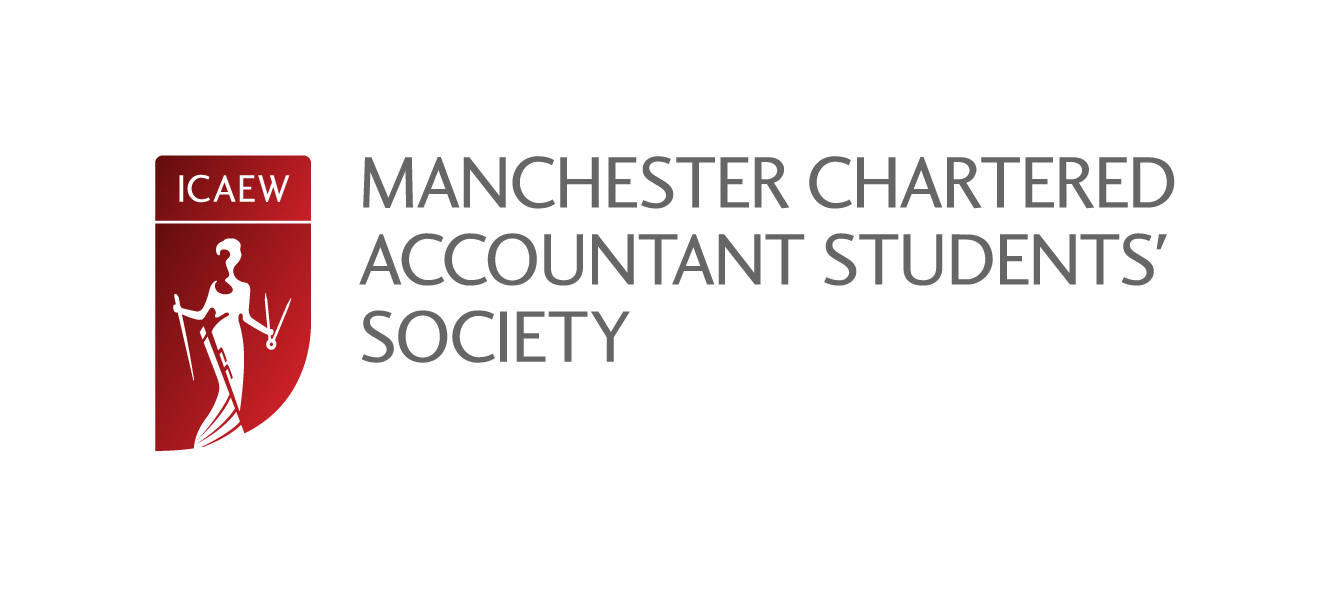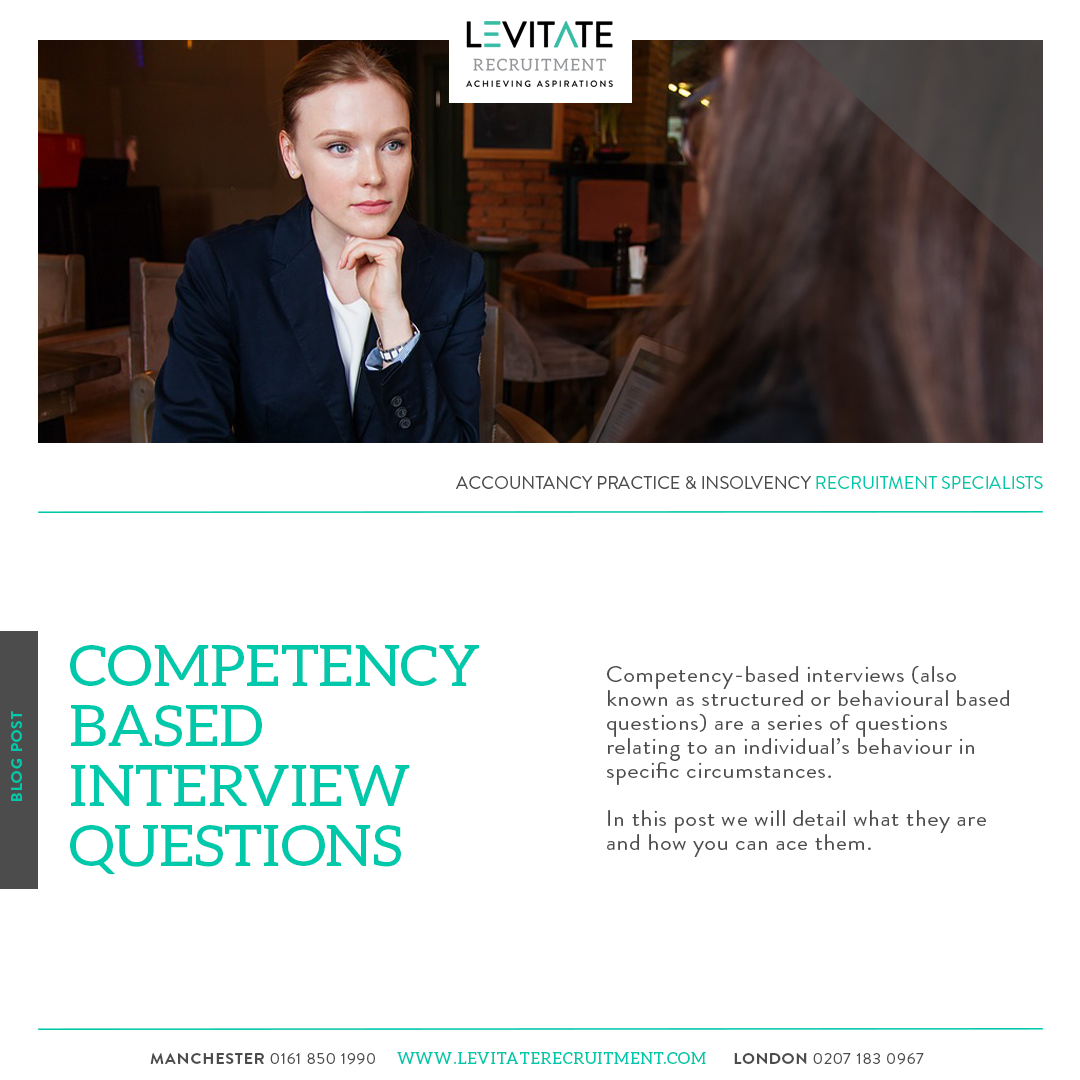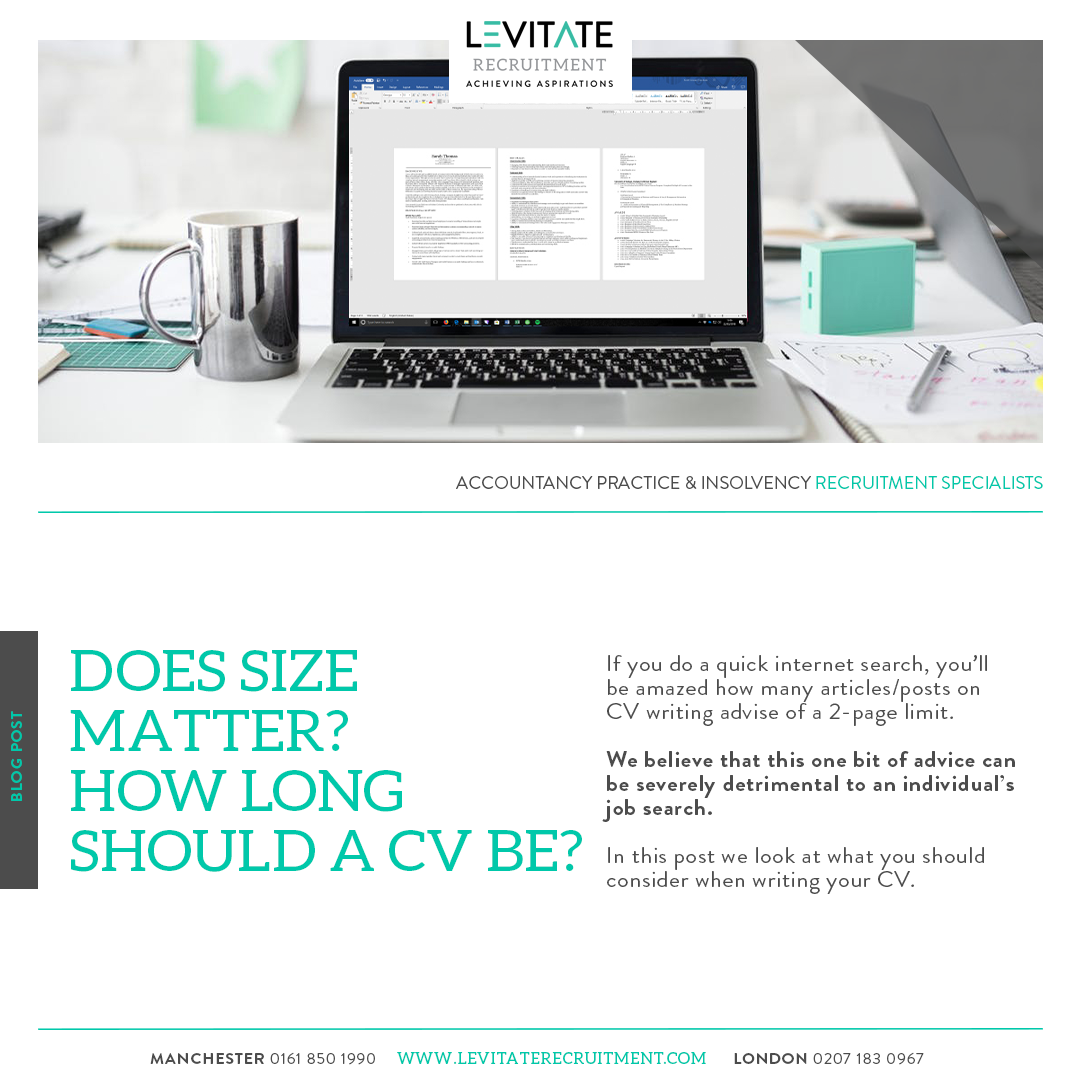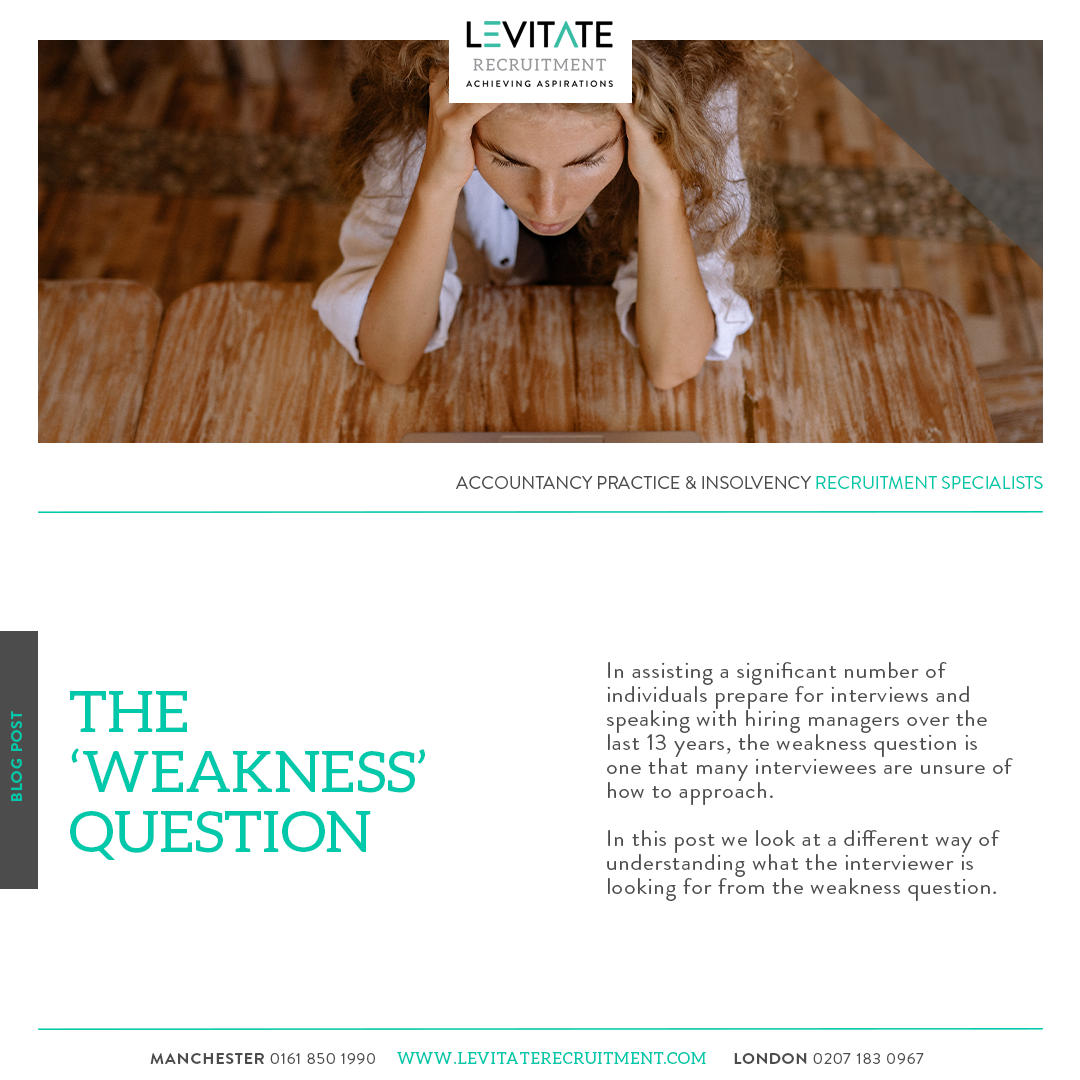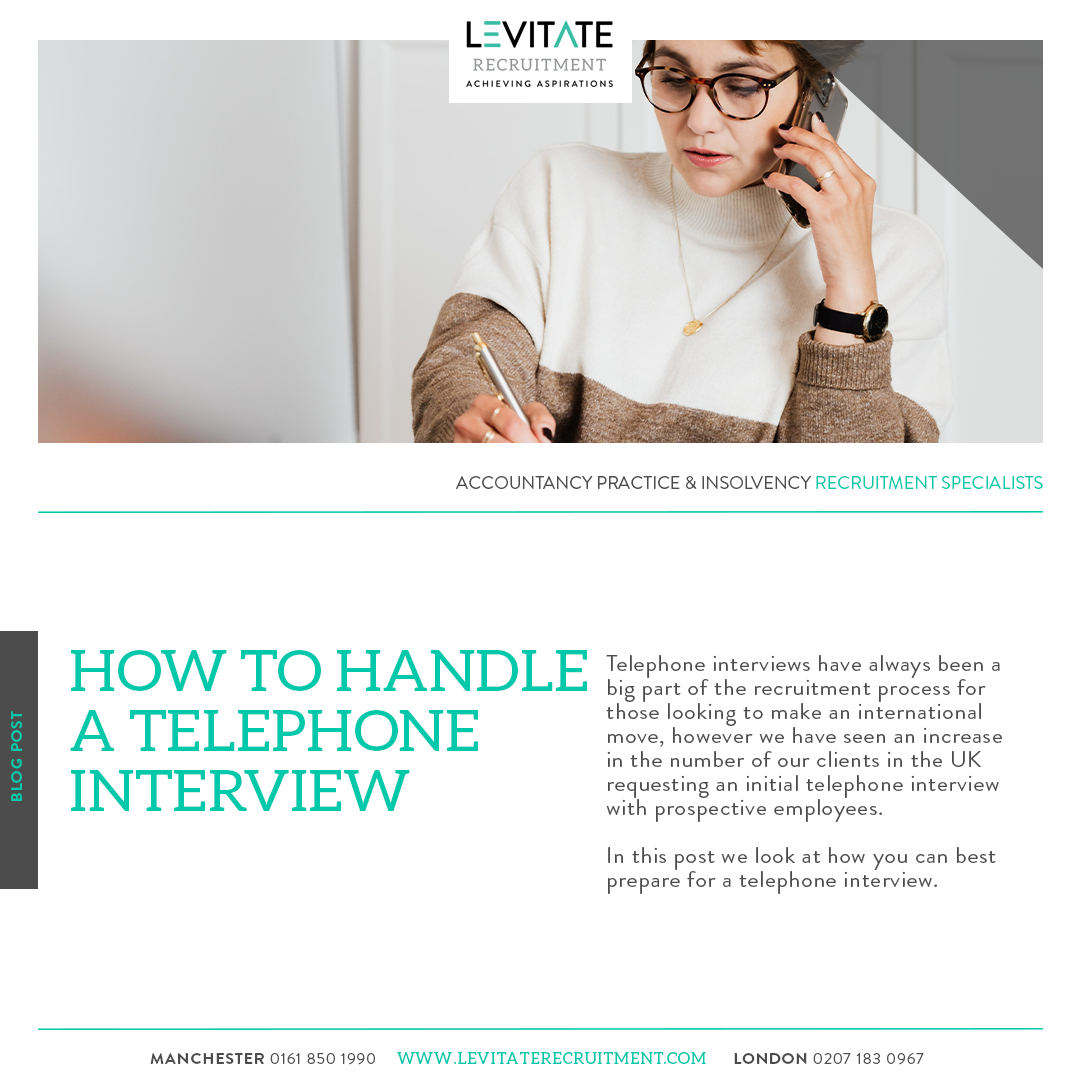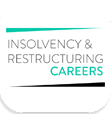Levitate Recruitment are a proud sponsor of the Manchester Chartered Accountants Student Society (MCASS), and host an annual Cocktail Making social event with them. We are also in discussions with other ICAEW Student Societies across the UK to provide sponsorship for events.
From our point of view, it is a great chance for us to interact and advertise our expertise to the qualified accountants of tomorrow. Whenever we speak with ICAEW trainees we always ask whether they attend their local student society events; we are surprised by the number of trainees that are not aware that there is a student society in their area and what they do.
With this in mind, we spoke with Emma and Eimear who are on the committee to find out more about MCASS.
Can you tell us a bit about MCASS?
MCASS provides support to students on all matters relating to their study and professional development, and on any other issues which affect them as provisional members and students of the ICAEW.
Our key aims are:
- To arrange professional, cultural, social and sporting events for students.
- To represent our students and to act as a channel of communication between MCASS members, MSCA (our local district society), the ICAEW Student Council (ISC), MYCAG (our younger members group and the ICAEW).
- To promote ACA training; membership and participation in the activities of MSCA; the ICAEW and the accountancy profession generally.
What geographical area does MCASS cover?
As the name suggests the society focuses on students within the Manchester region. However, there are members from other regions such as ‘Northwest’ (i.e. Preston as well as Liverpool) who attend events hosted by MCASS.
What is your role on the committee, and what does it entail?
Emma –As a social secretary, I am responsible for organising events and as a member of the committee attending monthly meetings to discuss any issues facing the student body as well as plan future events for our members.
Eimear – Social secretary: In general I work with other members of the committee to come up with and organise some great social events throughout the year. This year my aim was to attract new members to MCASS and encourage them to enjoy the social and networking opportunities that MCASS can provide. I organised presentations and events aimed specifically at new ICAEW ACA students, and received some great feedback to help with future events.
Why did you get involved?
Emma – I have been part of MCASS since starting my ACA graduate scheme in November 2015
Eimear – I had moved to Manchester for my job so thought MCASS would help me meet other trainees in a social setting, and also be a great way to visit some great event venues in the city. As I work for a smaller firm, MCASS provided a great opportunity to network with and learn from other ACA trainees from a variety of firms at different stages of their training contracts. I really wanted to take on some responsibility in a role that would benefit my career and give me some experience I could not gain within the office environment.
How did you get involved?
Emma – I attended the annual fireworks event after receiving my job offer but prior to officially starting to meet fellow accountants. Whilst at the event I met Simone who talked about the committee and how I could get involved.
Eimear – I did a bit of research online and contacted the society. I was put in touch with Aisha (the chair at the time) who invited me for a coffee to have a friendly informal chat about the society, the events, and why she had enjoyed her time on the committee so much. I attended my first MCASS event; everyone was really friendly and motivating and encouraged me to formally join the committee.
What do you enjoy about being part of an ICAEW student society?
Emma – Being part of a community of students who are going through the same journey i.e. studying towards the ACA qualification and working. You get to meet like-minded people and it’s a fantastic opportunity to build your own personal network.
Eimear – MCASS provides a great support network; trainees come from all kinds of backgrounds and companies, so there is always someone to get great relevant advice from; sometimes you want some advice from someone outside your workplace environment. It is great to have a big group of friends to celebrate exam success with at the end of each session. My networking skills have really improved since becoming part of MCASS; I realise more and more how important these skills are professionally and personally.
What type of events does MCASS put on?
A variety of events from socialising/networking events to mental health and well-being meetings to revision classes for ACA exams. For example;
- Social (cocktail making, bowling, Friday drinks, Ball, BBQ etc.)
- Skills (Speaker events with successful finance professionals from multinational firms; CABA presentations on mindful resilience, brand building, revision classes etc.)
- Charitable (A range of events we hold are directly aimed at supporting our charity for the year)
- Sporting (Annual summer sports event, ping pong, spinathon)
All of the events are held in premier locations usually in the heart of Manchester city centre.
How do you feel about Recruitment Agencies being part of events?
They are fundamental to the success of events and offer an opportunity for students to meet with recruiters in a market where once qualified, trainees often look to switch jobs.
Working with a range of recruiters enables our members to understand their options for the future, whether that be an international move, moving into the industry or staying within practice.
What is your favourite event in your time as a member and why?
Emma – I thoroughly enjoyed a session hosted by the institute on the 2020 sustainability goals which involved debate and discussion around what big business can do to help achieve a sustainable society. The inter-professional event is always a big success with an opportunity to meet people from a variety of professions. Cocktail making was also a successful event with high demand due to the interactive nature of the event.
Eimear – My first MCASS ball was a massive highlight; it is the biggest event of the year and was a real celebration with an amazing atmosphere
How does someone get involved with MCASS and become part of the committee?
Many ways! Come to an event and speak to any of the members in attendance; visit the website or LinkedIn page and contact us directly; speak to your firm MCASS representative (if you have one) and ask about getting involved.
Basically, get in touch, this will allow you to learn a bit more about the committee, you can sit in on a general meeting, and if you like what you see, you can choose to get more involved.
Are there any negatives of being on the committee?
Emma – Not a negative but rather a point to note – being on the committee requires commitment and sacrificing your personal time to attend meetings and host events but it’s a great way to take a break from work and study and you make some great friends on the committee
Eimear – No, quite the opposite. If you are having any negative feelings about your job role, training contract, exam success, work like balance, etc. then the committee can help support you and help find the best solution to your problem. It is an extra support network outside your workplace with people who have undoubtedly at some stage been in the same position.
We understand everyone has different busy times, and personal/professional pressures so we make sure that involvement with the committee works around everyone’s schedule.
How do you feel it benefits your professional development?
Provides an opportunity to meet with people you wouldn’t normally meet i.e. students at other firms, students in other professions as well as recruiters and senior members of the institute.
What skills do you feel you have gained/developed by being part of MCASS?
Communication, organisation and time management skills as well as the ability to confidently host events and liaise with a variety of people.
What are MCASS’ plans for the year?
We are keen to attract new members to MCASS and encourage them to enjoy the social and networking opportunities that MCASS can provide.
We have a range of events already confirmed for the rest of the year with more expected to be added to the calendar.
Why should ICAEW trainees get involved?
To meet friends, make contacts and have a break from ACA/Audit!
Is there a cost to be a member?
No
Is there a minimum number of events a member must commit to?
No
How can someone get involved with MCASS?
Visit the ICAEW website or LinkedIn page (https://www.linkedin.com/groups/4963453/profile) and contact us directly; speak to your firm MCASS representative (if you have one) and ask about getting involved.
